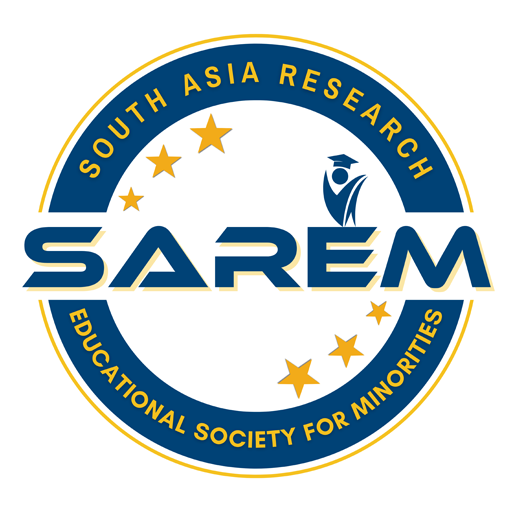Hardliners seek to ban Indian minorities at Hindu pilgrimage

Call for such ban is undemocratic and against the spirit of Indian constitution, say minority leaders
Updated: October 14, 2024 12:44 PM GMT
Hard-line Hindu leaders have sought a ban on non-Hindus setting up stalls at the venue of next year’s Kumbh Mela, a Hindu pilgrimage expected to attract millions in India’s most populous Uttar Pradesh state.
The Akhil Bharatiya Akhara Parishad (ABAP), the state’s top body of Hindu seers and religious leaders, said it would ask Chief Minister Yogi Adityanath to prevent non-Hindus from entering the venue to do business.
The “non-Sanatanis” or non-believers should not be allowed to set up food or market stalls at the Kumbh Mela, Hindu leaders said on Oct. 10, citing a possible deterioration in law-and-order situation.
Sanatani is a collective term used to denote all sections of Hindus who believe in eternal (sanatan) values such as truth, justice, and righteousness.
An estimated 400 million people are expected to arrive in the Prayagraj (formerly Allahabad) area of Uttar Pradesh during the 45 days of Mahakumbh in January-February 2025.
Hindus believe a dip in the river Ganges during these auspicious times will wash off their sins.
Mahant Ravindra Puri recently told the media that he also demanded that only Sanatani (Hindu) police officials be assigned to duty at the Kumbh Mela.
Mahant Harigiri, general secretary of BJP’s student wing, reiterated a similar stance.
“We have also decided to raise objections against anyone apart from Hindus being allowed to set up food or any stalls in the Kumbh Mela premises,” he told The Hindu, a national English newspaper.
“This will also prompt the devotees not to buy things which will be used in Puja (Hindu ritual) or consumed in the Kumbh from a non-Sanatani shopkeeper,” he said.
Minority leaders and rights activists say the call to ban non-Hindus from the festival is irrational.
The call for a ban “is not only undemocratic; rather, it is against the spirit of the Constitution of India,” A.C. Michael, national coordinator of United Christian Forum (UCF), told UCA News on Oct. 14.
Micheal, who is also president of the Federation of Catholic Associations of the Archdiocese of Delhi, said: “We Indians are known for living in peace among various religious practices and co-exist irrespective of caste, creed, and language.”
Muhammad Arif, a Muslim and chairman of the Centre for Harmony and Peace, told UCA News: “We condemn such kind of demands from the religious heads as it may cause communal tension among different religions, especially among Hindus and Muslims”.
The government as well as seers should avoid such demands that divide people in the name of caste, creed and religion, said Arif, whose organization is based in Varanasi, a city in Uttar Pradesh.
“Such a direction will give a bad name for the country in the world. It is undemocratic and a targeted attack on the minorities which the state government considers as second-class citizens,” the Muslim leader said.
He said that the government, run by the pro-Hindu Bharatiya Janata Party (BJP), had already faced a protest when it directed shopkeepers to display their names outside their stalls on the path of Kanwar Yatra, a Hindu pilgrimage held from July 22 to Aug. 19 this year.
The action was criticized as an attempt to identify Muslim shopkeepers and boycott them.




